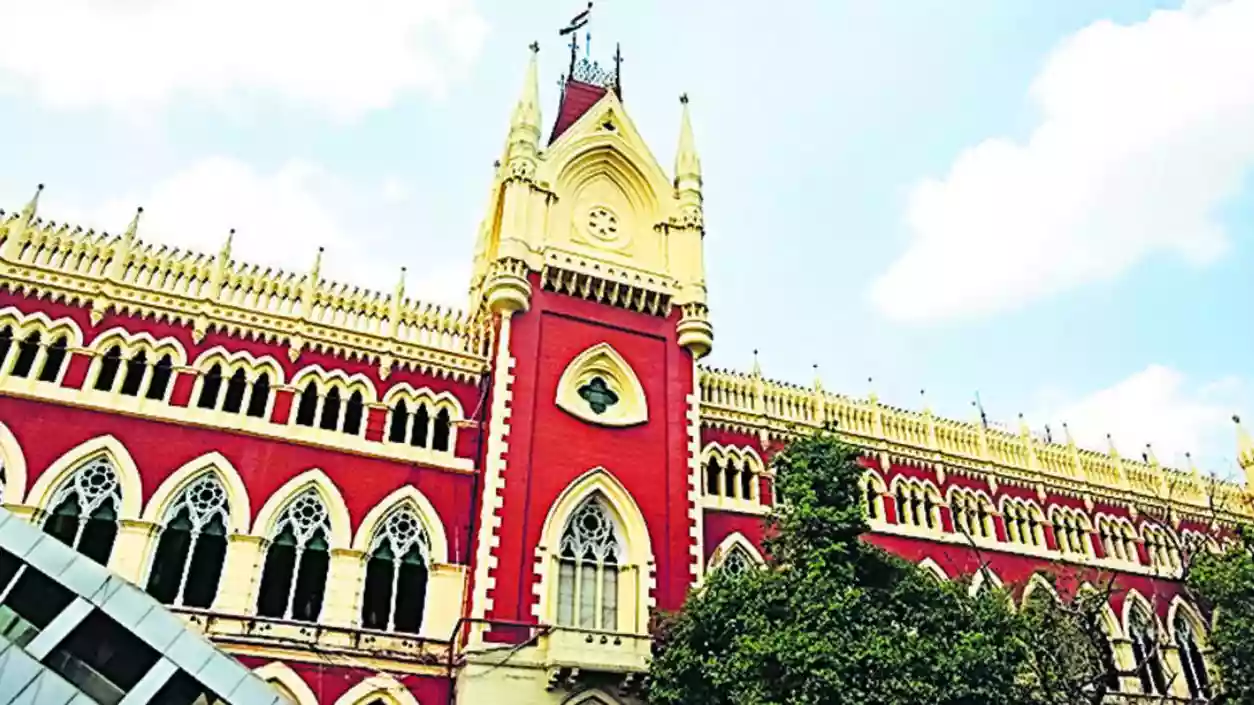.gif)
.gif)

In a significant and unprecedented move, Chief Justice T.S. Sivagnanam of the Calcutta High Court has decided to step away from hearing all Public Interest Litigations (PILs) and police inaction appeal cases. This decision, as per a notification issued by the High Court, will affect PILs filed since 2021. The Chief Justice’s division bench will no longer hear these cases, marking a substantial shift in the court's routine administrative processes.
The cases previously handled by the Chief Justice will now be assigned to other division benches. PILs will be heard by Justice Soumen Sen’s division bench, while police appeal cases will be transferred to Justice Tapabrata Chakraborty’s division bench. This administrative decision follows a series of developments, including a high-profile case involving the Kanthi Sanatani Convention.
Sources within the Calcutta High Court have stated that the decision is purely administrative, emphasizing that the Chief Justice, as the 'Master of the Roster,' has the authority to determine the allocation of cases. In this instance, the Chief Justice has chosen to relinquish the responsibility for PILs and police inaction appeals. This move has raised eyebrows due to its unprecedented nature, as PILs are typically heard by the Chief Justice's bench in the Calcutta High Court.
The administrative reshuffling comes shortly after a controversial hearing involving the Kanthi Convention. The single bench of the Calcutta High Court had granted conditional permission for the convention, leading to an urgent request by the state government to have the matter reviewed by a division bench. Although the review was deferred to the following day, the single bench’s ruling remained intact. This event has contributed to the discussions surrounding the Chief Justice’s decision to recuse himself from certain cases.
Legal professionals are closely observing this development, as it marks a departure from the usual practice in the High Court. The decision to reassign PILs and police appeal cases to other benches could have far-reaching implications for the functioning of the court and how public interest matters are handled in the future.